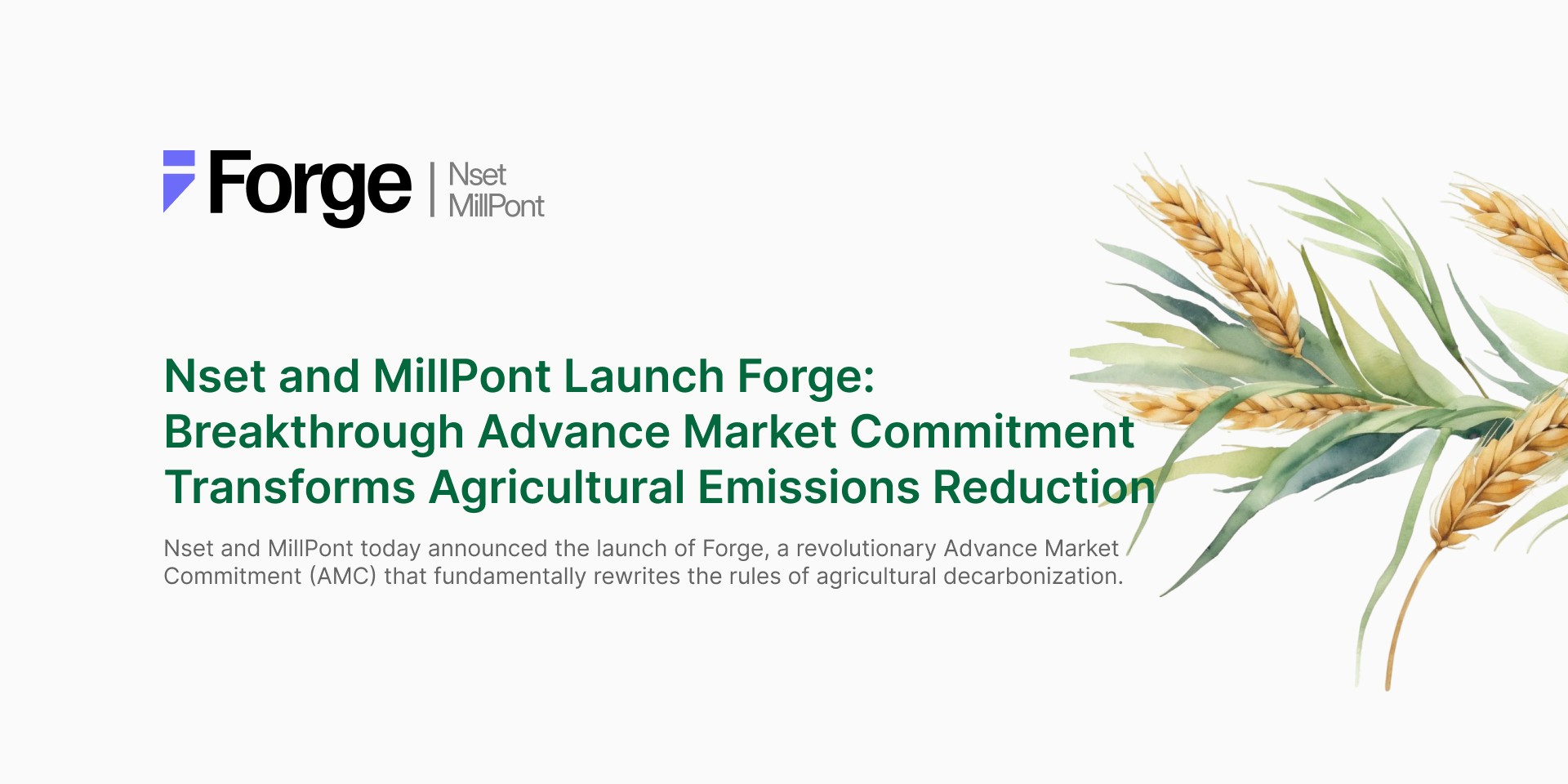Top 5 Actions to Make Your Business EUDR Compliant
Monday, May 20, 2024
In our last post we introduced some of the key regulations impacting the need for the rapid development of sustainable, low carbon commodities.
The European Union Deforestation Regulation (EUDR) will be implemented in just 7 months time, mandating due diligence for companies to prove that supply chains are deforestation-free. Failure to comply will result in fines of up to 4% of an organizations EU turnover.
The EUDR aims to minimize the risk of products associated with deforestation entering the EU market and increase the demand for deforestation-free products.
Food and beverage businesses therefore need to ensure that their supply chains are compliant. Here are the top five things that enterprises should focus on to make this happen:
1. 🔎 Supplier Traceability
Enterprises must achieve full transparency in their supply chains in order to produce reliable, traceable data on their environmental impact.
This involves thorough documentation and disclosure regarding the origin of key commodities linked to deforestation. These include cattle, cocoa, coffee, soya, palm oil, rubber and wood products.
Companies need to trace and disclose sourcing information for products utilizing these commodities, such as exact GPS mapping, ensuring that they can verify their origins and demonstrate that no deforestation has occurred since December 31, 2020.
2. 📑 Adherence to Due Diligence
The EUDR sets stringent due diligence requirements, mandating comprehensive risk assessments to identify and mitigate deforestation supply chain risks.
The due diligence process will cover:
Information collection demonstrating compliance with the EUDR
Risk assessment to establish risk of non-compliance
Risk mitigation in the form of adequate procedures and measures to mitigate and manage non-compliance risks
This process requires collecting detailed information, carrying out risk assessments and implementing risk mitigation measures. Companies must ensure that their products are traceable, legal and comply with all relevant laws in the country of production.
The level of due diligence required will differ by country, ranging from low to high. Low risk areas face less stringent risk assessment, whereas medium and high risk areas will need to demonstrate strong mitigative actions and face a higher frequency of regulatory checks.
Primary due diligence responsibility will lie with the company placing the product on the EU market.
3. 👩🌾 Sourcing Sustainable Commodities
Businesses will be encouraged to prioritize sustainable sourcing practices, selecting suppliers that adhere to certified sustainability standards and sourcing practices.
This will also involve engaging with existing suppliers, ensuring that networks of smaller farmers are included in communications around sustainability requirements.
Nset are making this process as seamless for enterprises as possible, providing sustainable, traceable commodities that can be directly integrated into your supply chain.
4. 📡 Meeting Evolving Monitoring and Reporting Requirements
The EUDR introduces monitoring and reporting obligations for businesses to regularly assess and report on their progress.
Implementing robust monitoring systems and disclosing relevant information in annual reports may become standard practice for compliance. This includes using technologies like satellite imagery and traceability tools to enhance visibility and accountability in supply chains.
5. 💻 Integrating Digital Tools
Embracing technological solutions will be crucial for meeting the traceability and transparency requirements set forth by the EUDR.
Technologies such as satellite imagery, geolocation data, and blockchain can help businesses track the origins of their commodities and ensure compliance. These tools can automate data collection and reporting, making it easier to manage compliance efforts.
By focusing on these five areas, businesses can navigate the complexities of the EUDR and ensure their supply chains are compliant, thereby avoiding penalties and contributing to global efforts to combat deforestation.
🌳 Sustainable Commodities Built for You
At Nset, we’re building technology to help you integrate regulatory compliant, price stable and climate resilient commodities into your supply chain.
Book an introductory call or checkout more on our blog!



